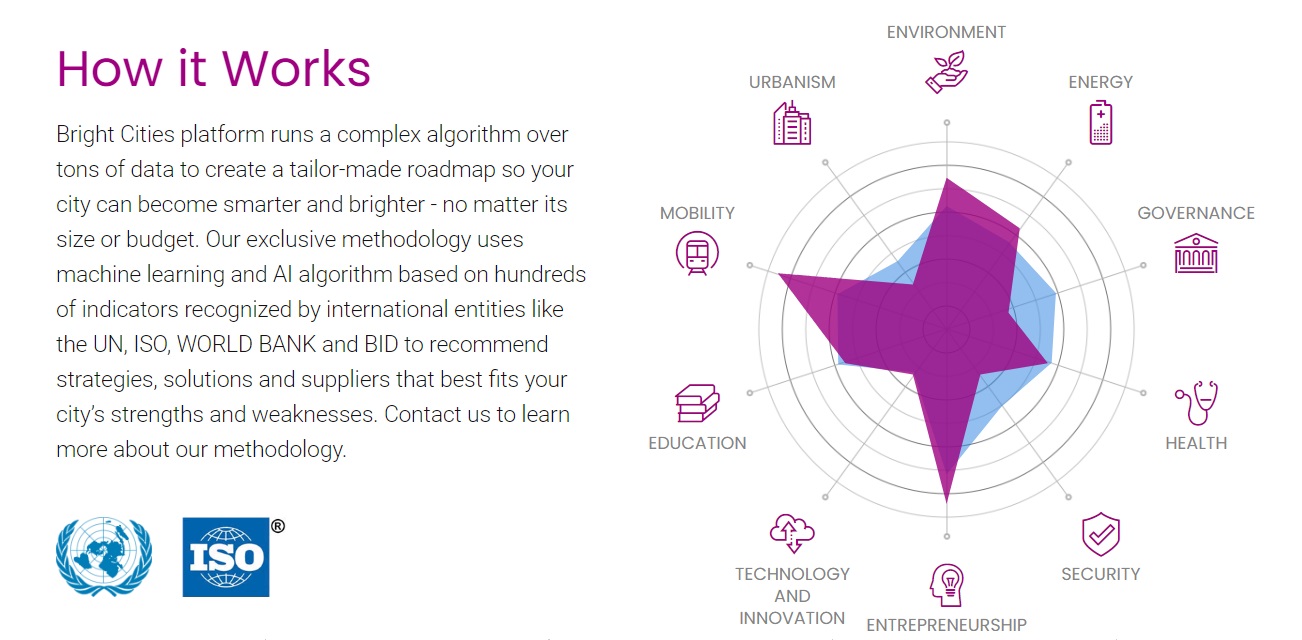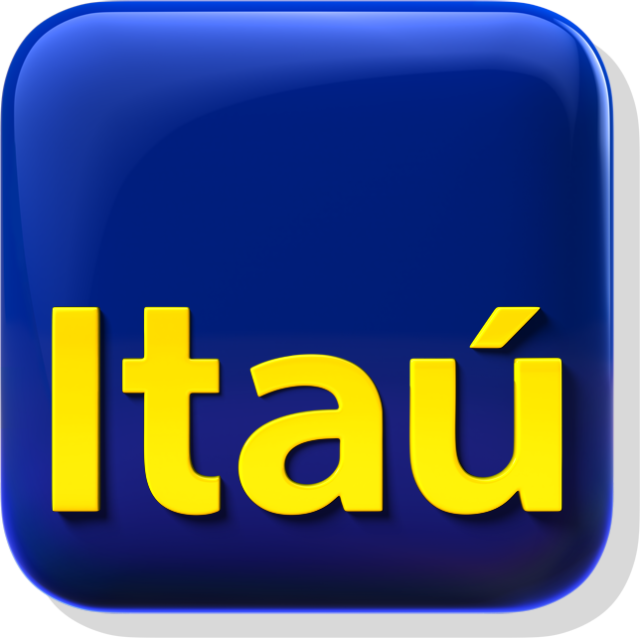Promote peaceful and inclusive societies for sustainable development is the sixteenth goal of the 2030 Agenda for Sustainable Development

As a global action plan whose main mission is to guarantee a more prosperous future for people and the planet, the 2030 Agenda prepared by the United Nations could not fail to include among its 17 objectives those who precisely guide its founding institution: peace and the Justice.
Always guaranteeing human rights and international cooperation, the UN is well aware of the importance of unity and conciliation for a more sustainable development. For the institution, no political agenda can really be transformative if it does not consider its most important dimension: the human one.
To achieve social well-being, we need to ensure that every citizen has their basic rights preserved. Therefore, we must talk about peaceful, just and transparent institutions, capable of maintaining order and harmony. SDG 16 – Peace, Justice and Strong Institutions wants to “promote peaceful and inclusive societies for sustainable development, provide access to justice for all and build effective, accountable and inclusive institutions at all levels“.
You may still be wondering how democracy and peace can encourage a more sustainable development. First, we must consider the impacts of these concepts for the social context: it is from strong institutions, which follow global standards of justice and peace, that we are able to guarantee basic rights and universal services such as access to education, decent housing , freedom of expression and citizen participation in building better cities.
The security of each individual is also considered when we talk about peacekeeping, and we know very well that urban violence is linked to causes such as inequality, unemployment and poverty. They are all social problems addressed in the 2030 Agenda: case of SDG 1 – Eradication of Poverty, SDG 8 – Decent work and economic growth and SDG 10 – Reduction of Inequalities. The relationship between these objectives only affirms the importance of a holistic vision for the management of countries and cities, where each SDG can only be effectively achieved when considered together with others.
In this sense, we can think of the influence that a peaceful and just society has on the economy, since financial and commercial issues always come into play in contexts of political instability. Companies and businesses thrive in peaceful and regularized environments, where operating costs are predictable, work environments are stable and legal risks are minimal.

Despite all efforts to achieve harmony between nations, world peace is not yet a reality. According to UN data, the number of people fleeing wars, persecutions and conflicts exceeded 70 million in 2018, the highest rate ever recorded by the refugee agency (UNHCR) in almost 70 years. In 2019, the institution also identified more than 350 murders and 30 forced disappearances of human rights defenders, journalists and trade unionists in 47 countries.
Other alarming data published by the Organization only reinforce the importance of an objective such as SDG 16:
- Corruption, bribery, theft and tax evasion cost developing countries about $ 1.26 trillion a year;
- This amount of money could be used to lift all the people in the world who live on less than $ 1.25 for at least six years out of misery;
- Violence against children affects more than 1 billion victims worldwide and costs up to 7 trillion dollars a year;
- 50% of children in the world experience violence every year;
- The number of countries with laws and policies that guarantee individuals the right to information reached 127 in 2019 (of the 193 existing);
In Brazil, according to data released by the Atlas of Violence, almost 60 thousand people lost their lives in 2018, and today it appears in the worrying position of 126th place in the Global Peace Index. Regarding corruption, the news is also not good: in 2019 , the country came in 106th place in the study of international transparency.
To improve this scenario, governors must improve security, transparent administrations and inequalities reduction. All Smart Cities know this: in them, data about municipal budgets and public services are collected and made available in an accessible and didactic way, to encourage citizen participation. Smart cities also recognize that technology can help to solve urban problems and, for that reason, they bet on solutions and impact initiatives to improve their services.
Regarding SDG 16, smart cities:
- Comply with laws and meet international human rights justice standards, always requiring their business partners to do the same;
- Guarantee transparent management, creating platforms for dialogue with citizens and relying on data to achieve a rational and efficient use of public resources;
- Carry out constant monitoring and evaluations to identify and mitigate risks of corruption, violence and conflict;
- Encourage actions and programs that value education and the reduction of social inequalities;
- Promote public-private dialogues, partnerships and collective actions for the prevention of conflicts and for the maintenance of law;
SDG 16 and Bright Cities
Bright Cities is an online platform that develops diagnostics and roadmap solutions for cities to make them smarter every day. This means that, in practice, the tool helps managers to identify the urban areas and services that most need improvement and to find the best initiatives to address them.
As the main objective of all this work is to guarantee quality of life for people, the parameters established by Agenda 2030 could not be left out. Therefore, when diagnosing a city, we evaluate areas such as education, health and safety using indicators that are always aligned with the 17 SDGs.

In the case of the ODS, two areas evaluated by us are directly related to the subject, Governance and Security. Thus, when managers have in hand the indicators collected by our platform, they can evaluate what can be improved to achieve more transparency, order and justice in their city. We list some of these indicators below and tell you why they can help make the UN global action plan a reality:
- “Number of homicides” indicator: the values obtained are fundamental for public management to understand the scale of violence in their city and adopt measures proportional to the problem. The indicator, therefore, relates to SDG target 16.1: “significantly reduce all forms of violence and related death rates everywhere“;
- Indicator “Own revenue as a percentage of total revenue”: the data show the efficiency of the local government in administering fees, charges and taxes permitted by law, as mentioned by goal 16.6 of SDG 16: “develop effective, accountable and transparent institutions at all levels“;
- Indicator “Voter participation in the last municipal elections”: with this data, managers can understand whether citizens are actively participating in public decision-making, as indicated by goal 16.7 of SDG 16: “ensure responsive, inclusive, participatory and representative decision-making at all levels“;
Once diagnosed, Bright Cities team then develops a personalized roadmap of solutions and good urban practices to improve services and public management. There are already more than 1000 solutions for smart cities registered in our database.
By consulting it, you will find more than 159 initiatives focused on urban security and another 352 that can help the governance of a city. This is the case of the Nextdoor, a free and exclusive social network for a certain neighborhood. With it, residents can find out what’s going on in their neighborhood, find a babysitter at the last minute and even be notified of accidents in the area. For public managers, a tool option is Intelligent Surveillance, a real-time surveillance system that identifies suspicious events and issues alarms to the team responsible for security.
Bright Cities believes that through innovative solutions like these, easy to install and with costs that can fit the municipality’s budget, cities of any size can improve the quality of life of their inhabitants. To learn more about our work, check out the special content we have prepared presenting the platform.



